With more of us working from home than ever before, there has been a huge increase in the number of employees signing in to corporate networks and applications remotely. With this influx of remote workers, the likelihood for online security threats has increased. During these times, you and your colleagues may be exposed to new cybersecurity risks that try to take advantage of your new setup. Which is why it is extremely important to consider what steps you have in place to protect your devices and work-related data from online threats.
From having strong passwords to securing your home wireless network, here are our top 10 online security tips to keep you safe whilst working from home.
1. Invest in an antivirus software
Start improving your cybersecurity for remote work by installing antivirus software on your computer. Investing in antivirus software is by far the simplest, but nonetheless one of the most effective ways to protect your computer and fend online security threats. Antivirus is a type of computer software that is designed to seek out and eradicate computer viruses, or other suspicious malware, that has infected your computer. There are antivirus programmes available for every operating system, including Windows, Mac OS, iPhone, Android, and more.
When installed, antivirus software offers automatic security by performing key tasks to protect your devices, these include:
- Regularly scanning your computer to identify malware threats
- Deleting malicious codes and software that have been identified
- Pinpointing specific files for detection of malware
- Alerting you of any suspicious activity or software
- Allowing you to run a manual scan of your devices any time you suspect your system is infected
- Confirming the safety of your computer or other devices
All of these features work with one another to ensure your computer is well protected against malware that may be present on your system.
2. Use strong and secure passwords on your devices
One of the most important but often most overlooked ways to protect yourself online when working from home is to strengthen your passwords. Hackers can break into your computer or access your accounts by guessing passwords. Simple and commonly used passwords, such as ‘123456’, enable hackers to easily gain access to valuable data, such as presentations, bank account information, and even money. Thus, a strong password provides essential protection from unauthorized access to your electronic accounts and devices.
So on that note, what makes a good password? Typically, the key aspects which make up a strong and secure password are:
- A mix of both lowercase and uppercase letters
- A mix of numbers and symbols
- Length (try to make your passwords as long as possible)
- No connections to your personal information
It’s important to note that you shouldn’t be using the same password across all of your accounts, and should instead, pick a different password for each. Using a password manager software, like LastPass, will enable you to manage your passwords safely so you don’t forget them.
We also recommend that you add a password screen to your computer and other high-tech devices such as your smartphone. Password protecting your devices will prevent third parties accessing sensitive files, especially if they fall into the wrong hands.
3. Invest in a sliding webcam cover

oneo Secure Webcam & Smartphone Camera Cover | Photo: oneo
With more people working remotely, colleagues are now relying on video conferencing to hold team meetings, share ideas, and check-in with one another, all of which require the use of a webcam. However, it’s important to note that webcams are vulnerable to savvy hackers who can access your webcam without permission.
If you use an external webcam that is separate from your laptop or computer, then it’s important to unplug it as soon as you have finished using it. However, if your webcam is built into your device, you should take extra steps to secure your webcam from potential security breaches.
It may seem like a simple solution, but covering up your webcam is one of the most effective ways of making sure that no one is spying on you. A sliding webcam cover provides a discreet and secure solution for covering your webcam or device camera when not in use. Easy to install, a webcam cover offers simple protection by hiding your camera.
4. Secure your home wireless network
Securing your home wireless network is an essential aspect when it comes to keeping out attackers and protecting your data. If your home network allows hackers to gain access, they can steal personal information or work data, and even launch a cyber attack on your devices.
There are simple steps you can take to strengthen your home network and decrease the chances of comprising your data while working remotely. These include:
- Changing the default name of your Wi-Fi to something more secure
- Having a unique and strong Wi-Fi password which you change regularly
- Providing a separate network for family members or guests to use
- Ensuring your Wi-Fi router’s software is kept up to date
- Encrypting communications by using a VPN (virtual private network)
- Checking your router’s firewall is turned on
5. Keep your operating system and software up to date
Making sure that the operating system and software you use on a daily basis is up to date, is often a task which is neglected. However, operating systems and software, such as antivirus software, are updated regularly to include the latest security patches which would protect your devices from a potential attack. So, keeping your systems up to date will ensure your computer is secure and protected against any new or emerging threats.
Generally speaking, most operating systems and software installed, will allow you to turn on automatic updates so you do not need to worry about when your next update will be. It’s very easy to just click ‘ignore’ or ‘update later’ when those prompts pop up on your computer. However, ignoring or delaying these updates can lead to more serious issues at a later date.
6. Securely backup your data

Kingston DT Vault Privacy Encrypted USB Flash Drive | Photo: Kingston
When working from home, most people will be using a laptop or other devices to access, update, or edit work-related data. Unfortunately, this data can become lost, whether that is because of accidental deletion, computer malfunctions or viruses. When working remotely, the risk of suffering data loss increases dramatically due to the fact people are using devices that may not be as up-to-date, secure, or backed up as regularly as those being used inside the workplace.
Therefore, it’s important to securely backup your data on a separate storage solution to ensure it is protected, such as on a USB flash drive or portable hard drive. In particular, encrypted USB flash drives are a great solution to combat the limitations of using standard USB drives when storing or moving data. Encrypted drives offer an extra layer of security which stops people from viewing or accessing your sensitive data. To access the data stored on these drives, you will need to provide some form of authentication, such as a password, which when guessed incorrectly, can cause the flash drive to lockdown after numerous failed attempts.
7. Enable two-factor authentication
Two-factor authentication, also known as multi-factor authentication, adds a secondary layer of protection to your devices. This extra security measure requires you to verify your identity with a random code each time you try to log into your accounts online, such as work-related systems, email, and messaging apps. Enabling two-factor authentication ensures that attackers can’t gain access to your accounts, even if they have your password or stolen your credentials.
8. Separate work and personal devices
This tip is easier said than done. However, if your workplace is able to provide you with a second computer or you are allowed to bring your computer from work home, then it’s important to carry on using your work computer for everything work-related and keep personal things to your personal devices. Separating your work and personal devices will ensure that you benefit from the security measures your company computer already has in place. If you are using your personal computer for work purposes and that device becomes compromised, it could breach the company’s data as well as your own.
If you aren’t lucky enough to use a separate computer for work, whilst at home, it’s important to keep sensitive documents and data safe by following the other steps outlined within this article, which include, creating strong passwords, securing your home network, and installing antivirus software.
9. Be alert to video conferencing security risks

Group videoconferencing call on laptop | Photo: Fizkes via Unsplash
As the global pandemic still sweeps the world, more businesses have had to quickly adapt to how their employees meet by now utilising video conferencing tools such as Zoom and Google Meet.
However, videoconferencing can leave you and your work team vulnerable to security and privacy breaches. So how can you use these tools whilst still maintaining your privacy? The main aim when videoconferencing with work colleagues is to secure access to the call. Setting permissions within the tool will allow you to control who joins the call. This could be in the form of a shared password everyone must enter in order to gain access. Other important tips to help keep your calls more private and secure include:
- Securing your home network
- Checking your work environment doesn’t show any sensitive information
- Limiting the ability to screen share
10. Pay attention to email security
One of the most common ways for hackers to gain access to your personal information is through emails. Seeing as emails are likely to be the main means of communication between you and your colleagues whilst working remotely, it’s important to pay attention to your email security.
Here are our best practices to follow for email security when working from home:
- Beware of phishing attacks. If you are unsure of a suspicious link within an email, do not click it. These links typically lead to a download which installs malware onto your system. It’s important to also be on the lookout for off email addresses, poor grammar or generic links which don’t match what the content of the email is saying. Remember, emails from legitimate companies will not ask for personal details such as your address or credit card numbers.
- Use a long and secure password for your email account which you haven’t used for anything else. Make sure you include a mixture of lowercase and uppercase letters, as well as symbols and numbers.
- Keep your operating system updated. If you use an application for your email, ensure that this app is also up-to-date.
- Make sure you have turned on encryption for your devices, so in the event that they are lost or stolen, your data will be protected.

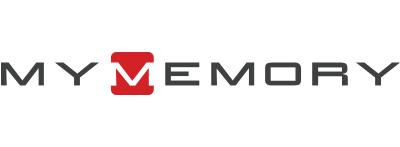

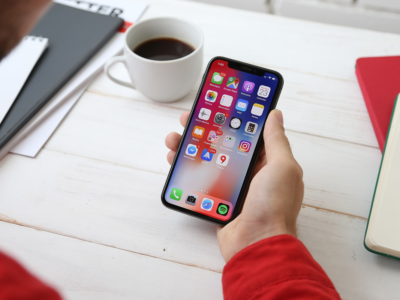

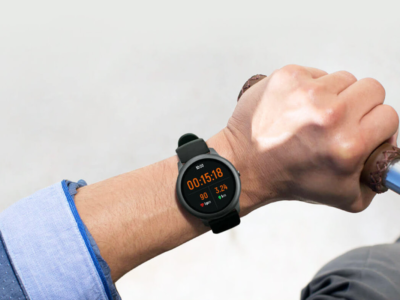
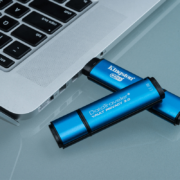
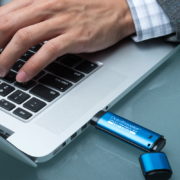



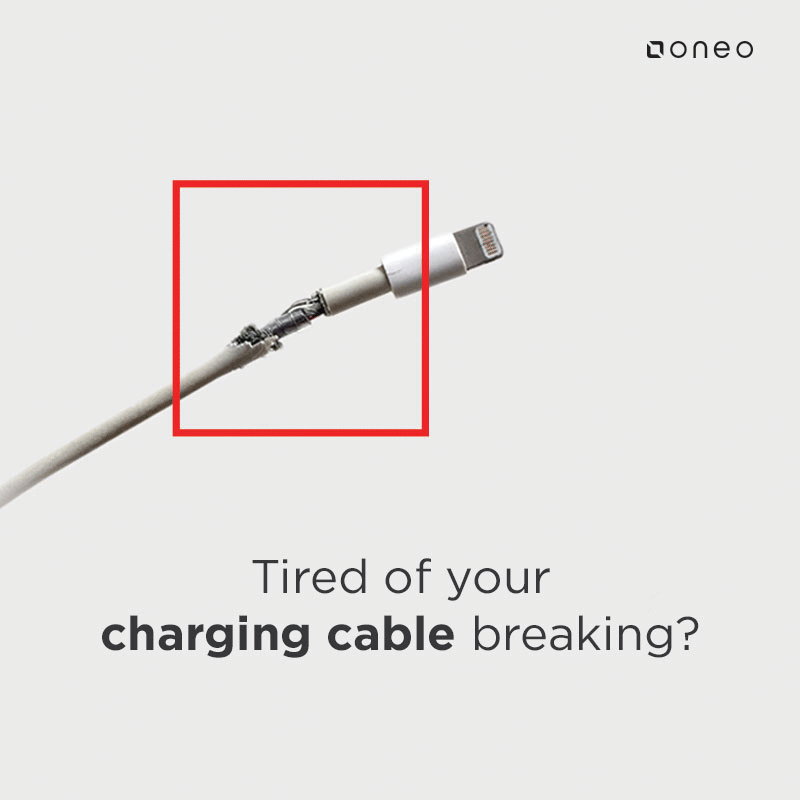
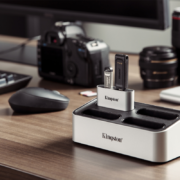
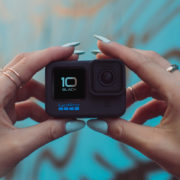



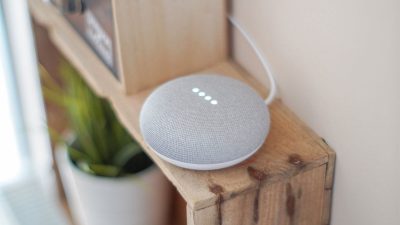
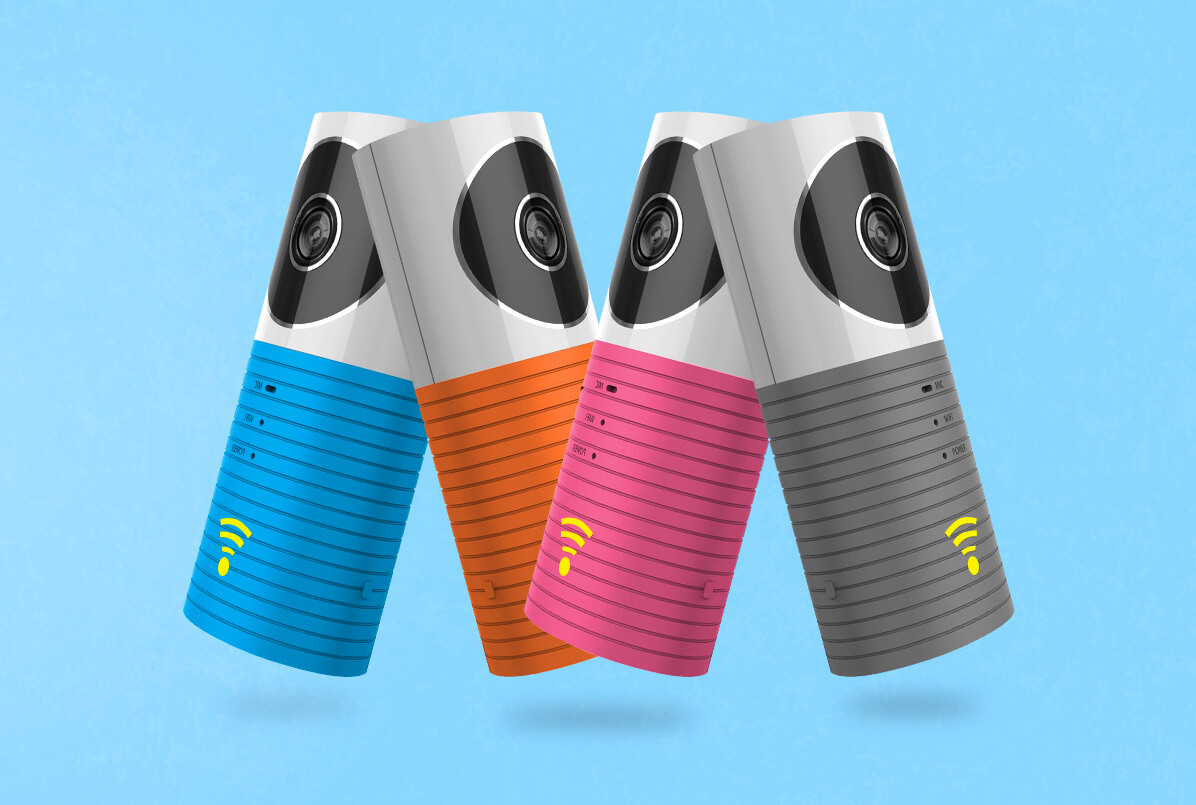
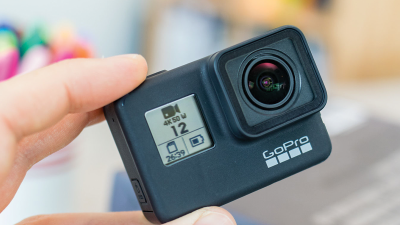

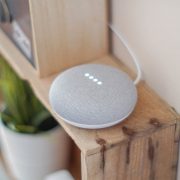

Comments